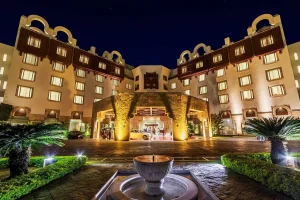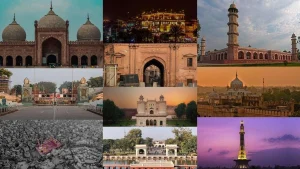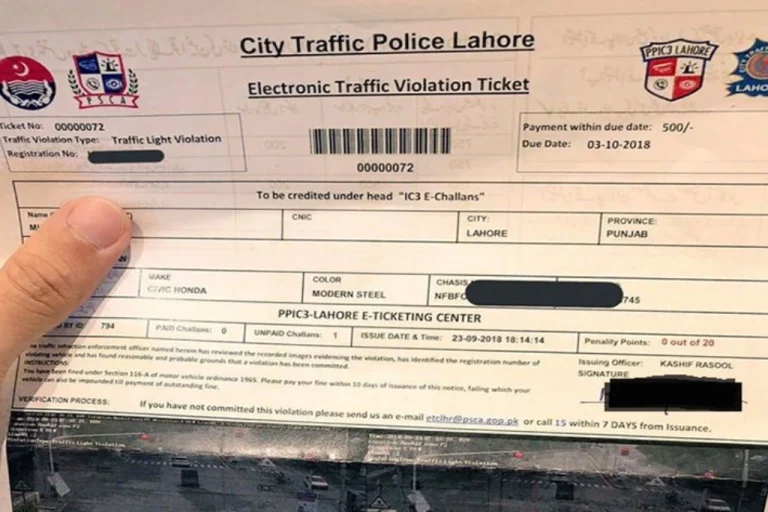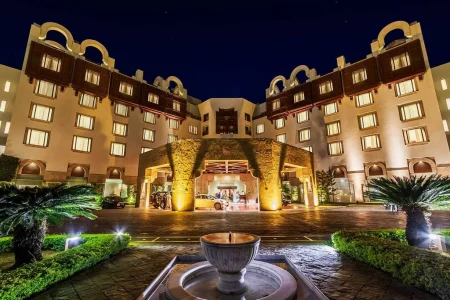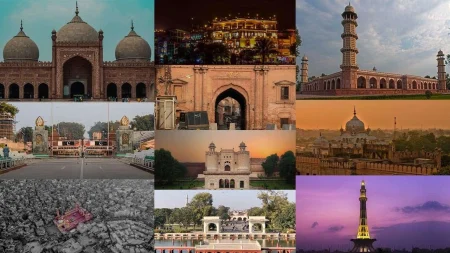دی Punjab Safe Cities Authority (PSCA) introduced a new system to make lives easier in the city by providing their citizens with an e-challan review system. This service is intended for those people who get a wrong traffic challan and prefer to correct them without wasting time in emails, long complaints, or personal visits.
Easy Access through Official Website
The service is provided on the official web-page: echallan.psca.gop.pk. Citizens can log in, complain about a wrong issued challan and attach proof, by uploading pictures or documents to this portal.
Quick Verification and Cancellation
After the complaint is provided, the PSCA verification team conducts an on-site investigation. In a case where the complaint is valid it cancels the wrong challan automatically. This new system reduces time and effort compared to the previous process which required weeks of follow-ups.
Multiple Ways to Receive E-Challan
Another helpful update is that e-challans are no longer limited to courier service. The Excise and Taxation Department has also introduced sending mobile phone text messages (SMS) and WhatsApp messages with challan details to the phone numbers given to the department. This ensures that people are notified in time and can avoid late fees.
Transparency and Easy Record Tracking
Through online registration, users can also check:
- Their pending challans
- Attached pictures and evidence
- Payment status of fines
This makes the entire process transparent and allows drivers to maintain a clear record of their traffic history.
How to Review Your E-Challan Online
- Visit echallan.psca.gop.pk
- Log in using your CNIC and vehicle registration number
- Select the challan you want to review
- Upload pictures or documents as proof
- Submit the complaint and wait for verification
If the challan is wrong, it will be cancelled immediately after verification.
A Step Towards Digital Punjab
This new e-challan review initiative shows PSCA’s commitment to digitalisation and public convenience. It will reduce citizen frustration, ensure fair traffic enforcement, and build stronger trust between the public and authorities.
